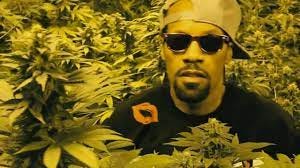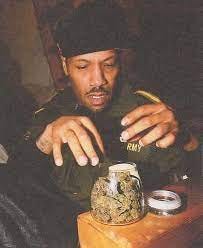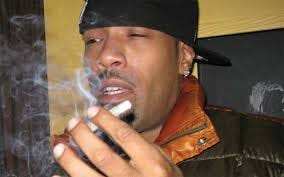WEED FLOWERS
Redman, whose real name is Reggie Noble, is a celebrated figure in the world of hip-hop and rap music. He is known for his unique style, lyrical prowess, and his unapologetic approach to addressing taboo topics. One of the most notable themes in Redman’s music has been his open and frequent references to marijuana, making him a pioneering figure in the realm of songs about weed.
Reggie Noble burst onto the hip-hop scene in the early 1990s, quickly gaining recognition for his distinctive style and charisma. He signed with Def Jam Recordings and released his debut album “Whut? Thee Album” in 1992. This album set the stage for Redman’s career and laid the foundation for his future exploration of cannabis-themed content.
Weed has long been a part of hip-hop culture, and Redman was one of the artists who helped bring it to the forefront. His music often celebrated the joys of smoking marijuana, while also addressing the social and legal issues associated with the drug. Redman’s willingness to openly discuss weed in his lyrics resonated with a wide audience, particularly those who were already part of the cannabis culture.
One of Redman’s most iconic tracks that delves into the subject of marijuana is “How to Roll a Blunt.” Released in 1992 on his debut album, this song provides a step-by-step guide on rolling a blunt, a popular method of consuming cannabis. The track was not only catchy but also informative, making it an anthem for cannabis enthusiasts.
Redman’s 1994 album, “Dare Iz a Darkside,” featured the track “Smoke Buddah,” which further solidified his position as a trailblazer in cannabis-themed hip-hop. The song highlighted the communal and bonding aspects of smoking weed with friends.
Redman’s influence on the portrayal of weed in music extended beyond his own work. He helped pave the way for a new generation of artists who were unafraid to incorporate cannabis culture into their music. His unapologetic lyrics and humorous approach to the topic made it easier for artists to discuss marijuana openly.
Furthermore, Redman’s music was a reflection of the times. In the early ‘90s, the United States was in the midst of the “War on Drugs,” and Redman’s willingness to talk about weed challenged the status quo. His music contributed to the ongoing conversation about the criminalization of cannabis and its impact on communities.
Redman’s pioneering of songs about weed made a significant mark on the world of hip-hop. His openness about cannabis culture and his willingness to address both the joys and challenges associated with it set a precedent for artists to come. While Redman’s music remains timeless, his legacy lives on through the artists who continue to celebrate and advocate for cannabis in their music.








